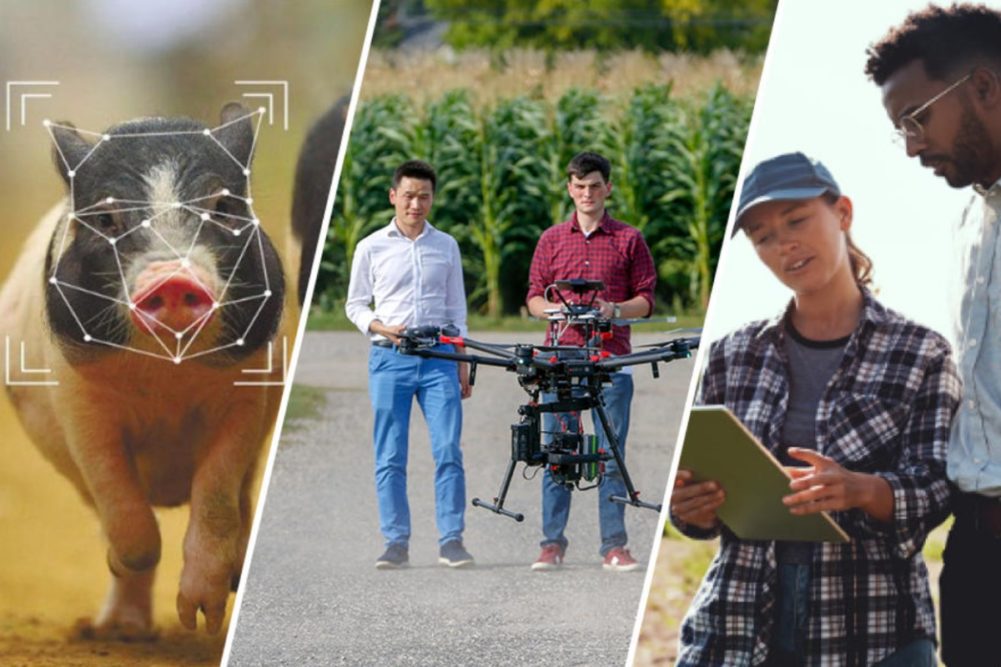MINNEAPOLIS – The University of Minnesota (UM) gave details on a proposed $220 million agriculture complex located in Mower County in Southern Minnesota.
The Future of Advanced Agricultural Research in Minnesota (FAARM) plans to feature world-class facilities along with several hundred acres of field and land. The project, which is expected to take five years to complete, shares a vision to consider every aspect of cattle, swine and poultry production. FAARM will look at elements including feed, animal health and animals’ interactions on soil health, water quality and climate.
“Now more than ever, our farmers and industry are operating in an increasingly fast-paced world with rapidly advancing technology,” said Brian Buhr, dean of the University of Minnesota's College of Food, Agricultural and Natural Resource Sciences. “The challenges to feed a growing population while reducing the environmental footprint of farming are critical as our climate continues to change and we pursue scientific solutions to adapt. This complex will allow us to be at the forefront of emerging food and agriculture education and research that will transform how we produce food and protect the environment at every step of the supply chain.”
FAARM will use the latest technology and tools to find agriculture solutions including predictive analytics, big data, robotics and artificial intelligence.
The University of Minnesota is requesting an initial investment of $60 million in state support for planning, land acquisition, predesign and design of the initial phase. The legislature will consider the request during the 2022 legislative session.
Other private and public sources to fund the complex are expected, including a $60 million pledge from the Hormel Foundation.
“The Hormel Foundation is excited to be partnering with the University of Minnesota in its quest to build a new agriculture research and education center in the Austin area,” said Jeff Ettinger, chair of The Hormel Foundation Board.
A collaboration with Riverland Community College, in Austin, Minn., was part of the initial announcement of FAARM. The local college wants to help provide educational offerings to K-12, post-secondary technical and associate degrees, baccalaureate and graduate degrees, and outreach education to the broader public.
FAARM said this alliance will promote job development opportunities for the food and agriculture sector in need of increased training for its future workforce and nurture entrepreneurs who will play a key role in market innovation.
“Agriculture is an important cornerstone of the economy in south central Minnesota," said Adenuga Atewologun, PhD, president of Riverland Community College. “Riverland serves a key role preparing the region's farmers to be successful, and I look forward to partnering with the University of Minnesota for the future benefit of the citizens and farmers of our region.”

